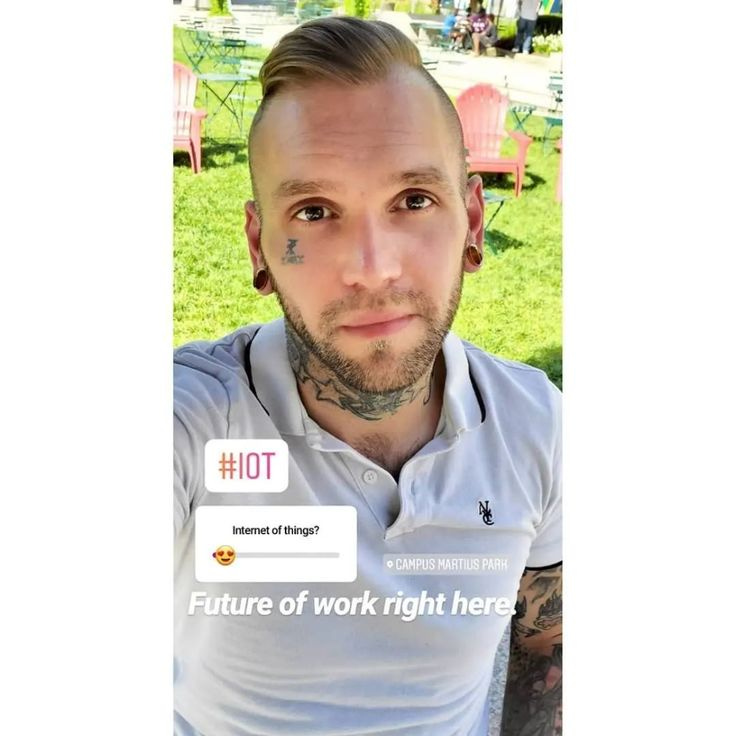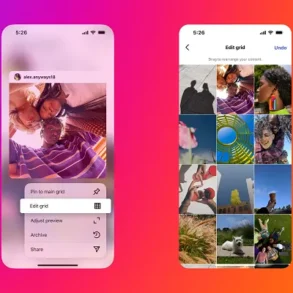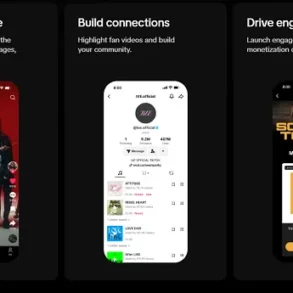As former CMO of a social media network, I learned a thing or two about what’s true and false regarding who’s really to blame: owner, producer vs. consumer.
Tech founders like Zuck would have you believe it’s the consumers’ fault, as would many news anchors. My grandmother would always say, “That Jerry Springer was such a bright young man, I don’t know what happened to him.” Meanwhile, she was glued to the doom and gloom of the 700 Club, pretty much proving Jerry’s point that many people want the negative stuff because it makes their lives seem good.
However, when at worldie.com, we provided a TOS that did not favor celebrities, nor were we bought out by a political party. In fact, the reason I resigned was because in order to get funding from any nonprofit donors, we had to cater to what the liberal oligarchs wanted us to. Mind you, we were the most progressive media outlet, but if we did not cater to every whim of the Democratic Party at that time, no one would fund us.
Although we were nowhere near the consumer base of Twitter or Facebook, the entire time the site was running, we only had one antisemitic post that was removed. I learned that most people, if given a set of rules that are enforced fairly, genuinely want to do good and use their social presence for creative things, or brand recognition for business purposes to provide food for their families. Most of the people causing problems on these sites were paid shills/agents.
In the 60s, the little black box in the living room informed the general population what to think and what trends to like. The Beatles being featured on the Ed Sullivan show told teens to like the Beatles. Fast forward to the age of digital, and we have many different agencies, even regular people, grappling for our attention, demanding us to listen to them and like what they say.
When I went to the mall as a teen, we only had as many options as we had known stores. We had to research on the internet, see it on the cover of a magazine at 7-Eleven, see it in a film, or go to the nearest Barnes & Noble, or have someone show us something new. It wasn’t airdropped or personified to my specific algorithm. So, with these many new options provided via social media came a power struggle with owners. Regular people like myself learned how to use bots, repetition tactics, and demographic research, which I could target any market in the world without a middleman.
With social media, the owners have the power to decide what trends to discuss; they control the mood or the tone. Don’t let them ever gaslight you into thinking that somehow it’s because the majority of you are evil.
I can contest that the ones picking the conversation starters and cherry-picking which rules to enforce are the ones causing the problems, not the regular person just trying to promote their brand in an honest light.
As much as I can’t stand Jack Dorsey because of things that happened to me under his provision, perhaps I’m too judgmental. I think he’s right about censorship not being the major issue here, but rather an attack on our free will. Not that we ever truly had free will to begin with.
This post was originally published on this site be sure to check out more of their content









